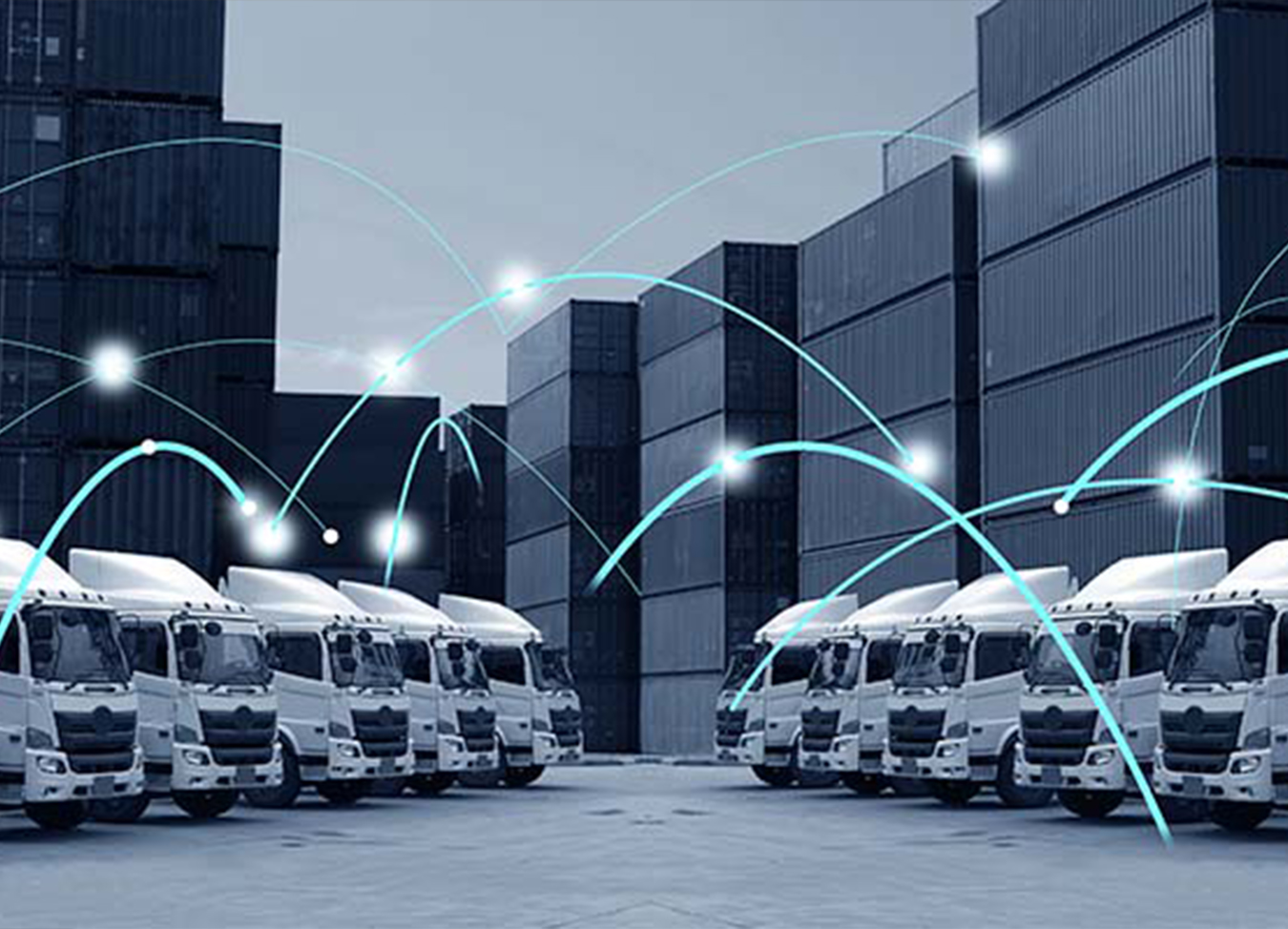
It’s probably an understatement to say that the fuel transportation industry is rarely dull, but the last few years have seen even more change and market disruption than normal. From rapidly fluctuating fuel prices that impact supply and demand to a worrisome shortage of truck drivers, the industry is approaching a clear inflection point.
That inflection point revolves around digital transformation and how quickly you’re willing to embrace it. Even if no one (rightfully) expects the industry to be on the “bleeding edge” of technology disruption, it’s reasonable to believe it still shouldn’t lag behind other industries.
Nothing made this technology gap more apparent than the early days of the COVID-19 pandemic. When our world got flipped upside down and all types of businesses were forced to improvise, some adjusted much more quickly than others. Businesses that had already embraced digital transformation were well ahead of their peers when going virtual became a mandate rather than a suggestion.
For businesses still operating under pen-and-paper and manual processes, the technology divide was never deeper. And even though some companies in the fuel transport industry are better prepared than others, there’s still plenty of room for modernization across the entire industry.
The lingering impact of legacy systems and processes
The core issue inhibiting digital transformation is the continued over-reliance on legacy systems—whether that means antiquated IT systems or a general absence of IT altogether. The impact of these legacy systems and processes typically results in some fundamental business challenges:
- A general lack of scalability for growth
- A dependence on individuals’ institutional knowledge (and the risk of losing it)
- The difficulty of getting new staff up to speed quickly
- Too many single points of failure that could easily disrupt operations
- Limited ability to adapt to changing market conditions
The cumulative effect of these self-inflicted challenges often results in inefficient operations, greater business risk, and a barrier to growth. In other words, a lack of digital transformation means you’re leaving money on the table—whether that’s today or well into the future.
Adaptability is the key to transformation and success
Even if you know what your fundamental business challenges are and what the best solution is, it’s not always easy to get there. Yes, digital transformation requires a commitment at the highest level of the company along with financial investment. However, there are numerous success stories about companies that have made the leap.
In fact, digital transformation addresses one of the greatest challenges in fuel transport: the ability to adapt quickly in the midst of continued market disruption. Modern logistics solutions provide one of the fastest ways to streamline your operations and stay competitive with much larger companies. You can start by focusing on five areas where digital technologies can quickly transform your business.
1. Real-time data analysis and insights for better decision-making
When you consider the proliferation of IoT-enabled devices, such as automatic tank gauges (ATGs), you’re likely capturing more data than ever. But if you can’t turn that raw data into actionable business insights, you’re missing out on a big opportunity.
Leveraging powerful tools for collecting and analyzing data leads to better insights and decision-making. Gaining real-time visibility with reliable data capture gives you timely and accurate information to make the most informed decisions across the full spectrum of your fuel supply chain.
2. Greater transparency into workloads and pricing
Many fueling stations and fuel distributors have relied on manual methods to manage their supply chain—primarily through domain knowledge in the heads of dispatchers and drivers who have worked in a single area. The COVID pandemic immediately exposed that business model as unsustainable, leading to run-outs across multiple gas stations.
In contrast, digitization allows you to implement easily repeatable processes rather than relying on one person who holds the institutional knowledge—and it frees up that person to handle a wider range of strategic tasks. This is particularly useful in functions such as pricing, dispatching, inventory, and invoicing, where even a small mistake can have an outsized impact on revenue and customer satisfaction. The benefits of digitizing workflows include greater operational efficiency, reduced costs, and enhanced supply chain visibility.
3. Sophisticated tools such as AI and machine learning
The latest digital technologies enable greater visibility and predictability across your fuel supply chain thanks to tools such as artificial intelligence (AI) and machine learning (ML). By supporting repeatable processes that adapt quickly to changing parameters and satisfy a multitude of business scenarios, these tools can quickly improve process efficiency and decision-making in real-time.
For instance, you could gain the advantages of an on-demand freight exchange for fuel retailers, wholesalers, and third-party carriers that eliminates the uncertainty, subjectivity, and complexity of handling excess fuel capacity. You could also leverage sophisticated AI and ML tools to automate bid ranking and acceptance while optimizing fuel pricing and streamlining your back-end reporting activities.
4. Automation of workloads and manual processes
Most operators remain challenged by a general lack of time and resources. Automation can deliver the immediate productivity gains you need to stay competitive in the fast-paced world of logistics. From planning and dispatching to order closure and billing, completely paperless processes reduce costs and increase efficiency.
You can gain a competitive advantage by automating manual processes, thereby eliminating time-consuming and error-prone manual data entry while integrating smoothly with most ERP back-office systems. In this way, digitization can streamline multiple related processes to increase your operational speed and productivity.
5. Tighter integration across IT systems and solutions
One of the long-term issues in the fuel transport industry has been the general lack of integrated solutions. By going digital and leveraging the cloud, you can start unifying your technology in a much more cohesive manner. Secure, cloud-based solutions reduce complexity by centralizing your IT focus while providing the scalability to grow your business as quickly as you choose.
For instance, you could deploy a cloud-based platform to host an enterprise-wide, end-to-end solution for your entire fuel chain—from data capture and logistics to ERP back-office functions. That platform could support everything from transport, metered bulk fuel, home heat, and fleet fueling to deliveries in a more holistic way that gives you greater control from the rack all the way to the pump.
Superior visibility, scalability, and agility
Digital transformation is already providing demonstrable ROI through reduced operational costs and the ability to scale your business faster with customer-centric solutions built for the entire fuel supply chain. By simplifying complex operations, you can gain the agility to adapt faster and deliver an exceptional customer experience no matter what new market disruptions you encounter.
To explore more ways of streamlining your operations, visit https://www.pditechnologies.com/logistics-solutions/
This article originally appeared in “Sigma.”


